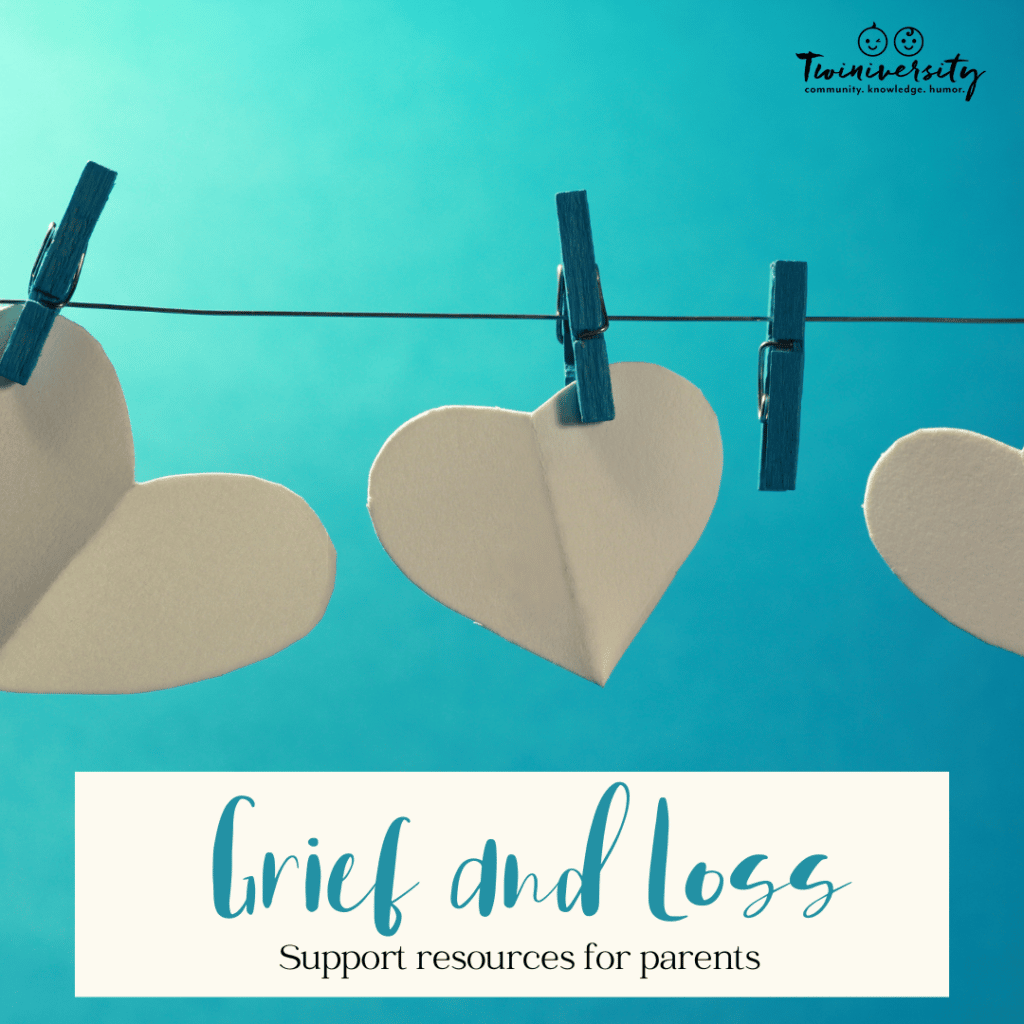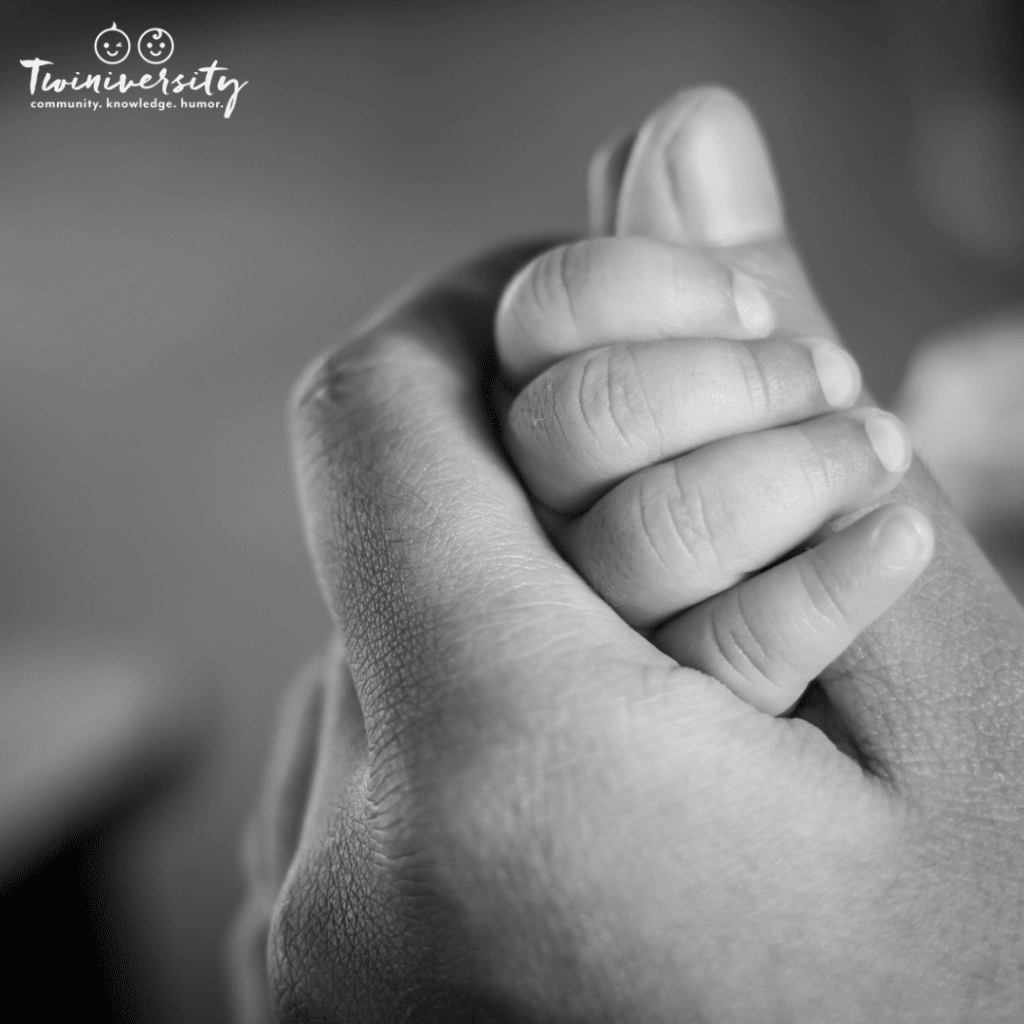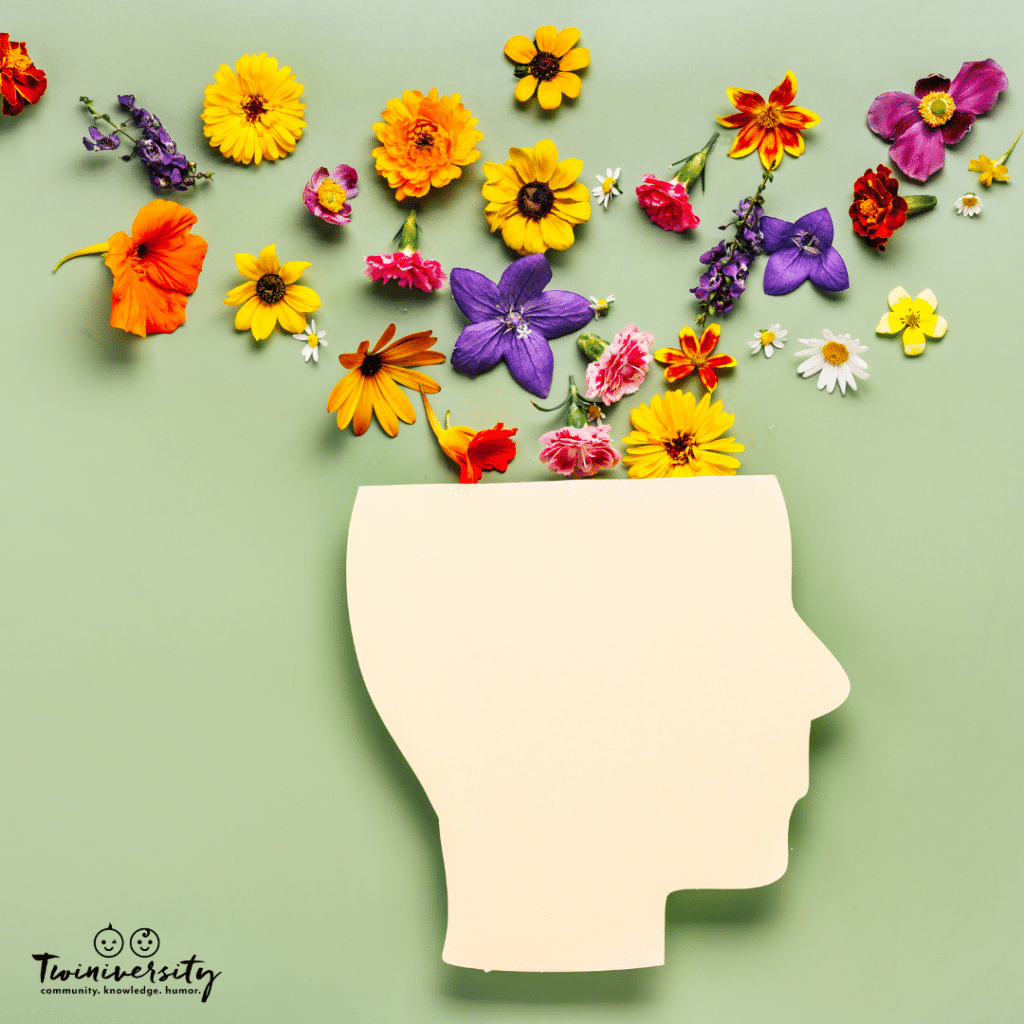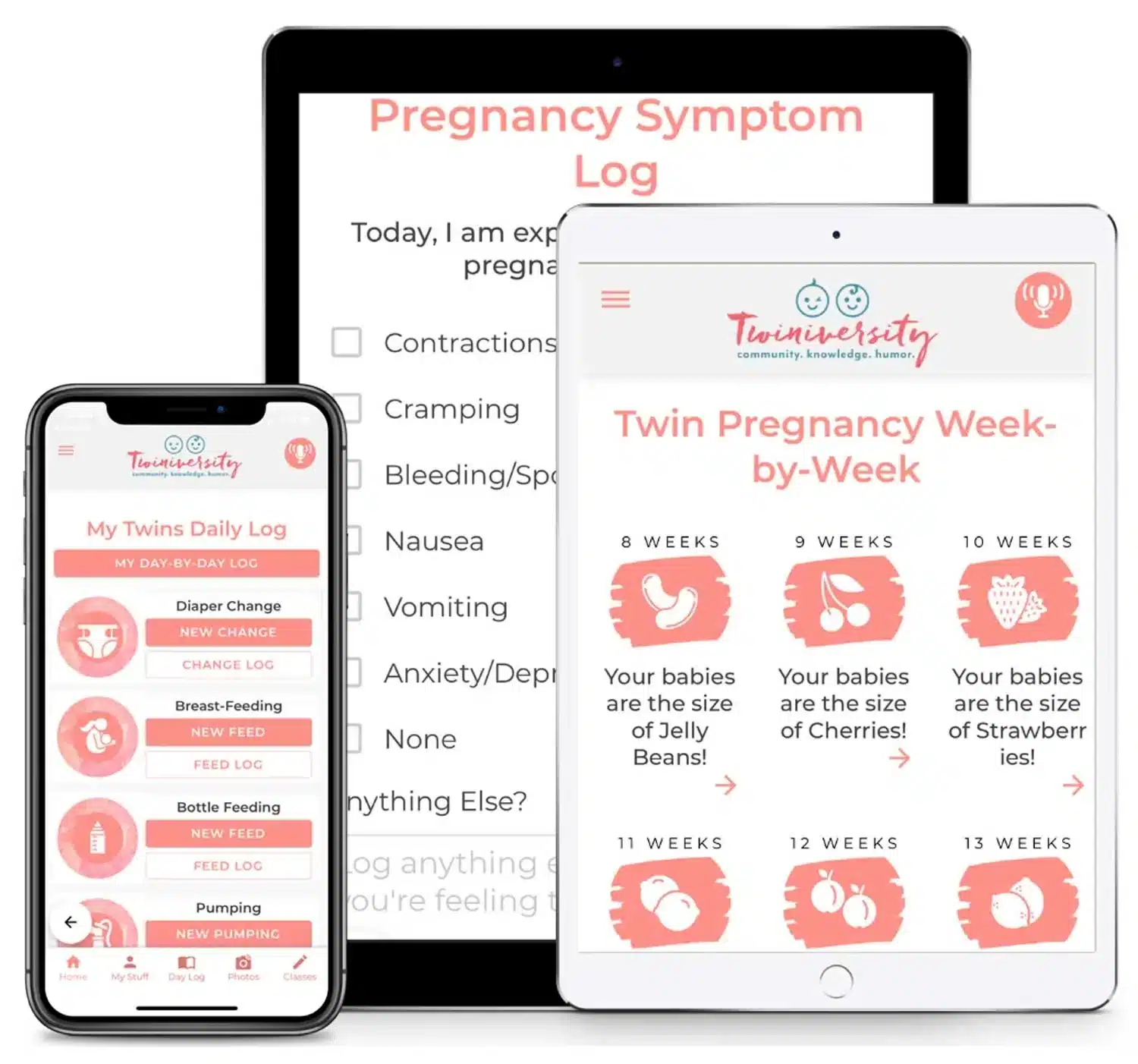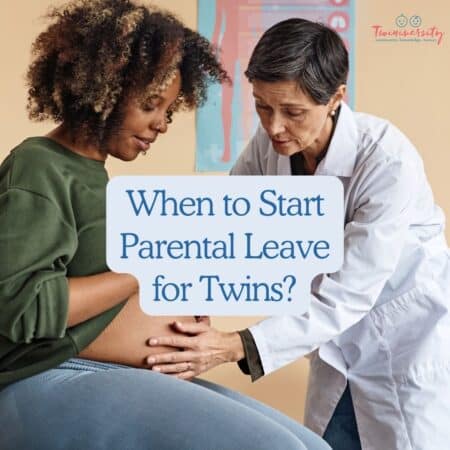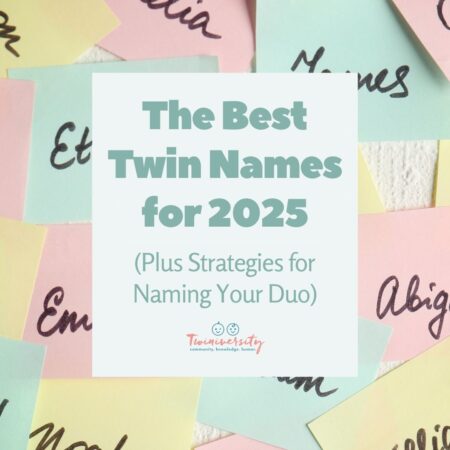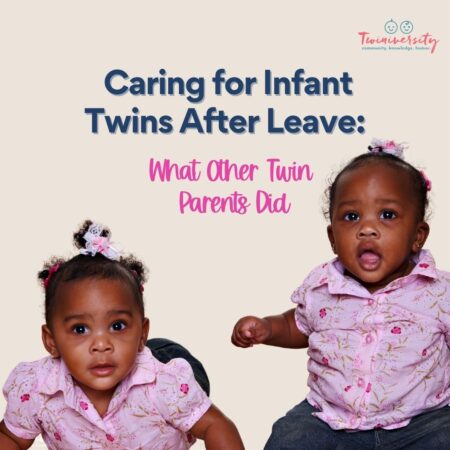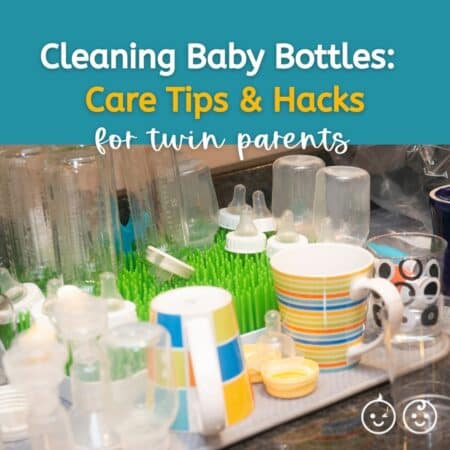Grief, like happiness, is part of life. Too often, we can’t ignore it. But how we end up dealing with our grief, whether it’s a loss, postpartum depression, or something else, plays an important role in our emotional well-being. Sometimes, the best thing for grief or sadness is to talk to someone. Or to find others who can understand your feelings.
Here are our best resources on dealing with grief, postpartum depression, loss, and other mental health support.
Postpartum Support
What is postpartum depression?
Postpartum depression is a type of depression that can occur after childbirth. It is a serious mental illness that involves the brain and affects your behavior and physical health. Symptoms of postpartum depression can include feeling sad, hopeless, or empty; having trouble sleeping; feeling overwhelmed; having difficulty bonding with your baby; and feeling disconnected from your baby. Postpartum depression can last for weeks or months, if left untreated.
It can be especially difficult for mothers of twins to have postpartum depression. Particularly if they are the sole caretaker for both babies.
It is important to seek help if you think you have postpartum depression. Talk to your doctor or midwife, or call a mental health professional. You can also find support groups for mothers with postpartum depression. These groups provide a safe place to talk about your feelings and get advice from other women who understand what you’re going through.
Postpartum Resources
Postpartum Progress lists support groups in nearly every state, as well as in Canada. They also maintain an online forum if you can’t get to an in-person support group.
Depression and Bipolar Support Alliance (DBSA) has listings for in-person or online groups.
The Anxiety and Depression Association of America (ADAA) also has a state-by-state list of support groups.
Postpartum Support International
For those with postpartum depression without insurance
Postpartum Progress has a great resource for how to get postpartum help if you don’t have insurance. If this is a situation you’re in, visit their page to see if there’s any resources that can help you.
Miscarriage or loss
When it comes to the grief and loss of a pregnancy or a baby, parents often feel overwhelmed by feelings. It can be difficult to know how to cope with such a profound loss.
For many twin parents who used IVF to get pregnant, it’s because they dealt with miscarriages prior to getting pregnant. The emotional toll a miscarriage can take on parents is devastating. But having a support group or a space to express your grief is important.
When dealing with grief from twin loss, there’s even more complicated emotions. Because you may still have one surviving twin while also struggling with the loss of another. Parents may feel isolated and alone in their grief, as many people don’t know how to talk about this kind of loss.
It is important for parents to remember that they are not alone in their grief and their loss. There are many resources available to help them cope with whatever they’re going through and support them while they’re dealing with grief and loss. Support groups, counseling, and online forums can all be helpful in providing a safe space to talk about the emotions associated with miscarriage and infant loss.
Miscarriage Resources
Twin Loss Resources
Twinless Twins Support Group International helps you find the support you need when you lose a twin
Mental Health Resources
American Foundation for Suicide Prevention
Grief and Loss Resources
Family Means Center for Grief and Loss
Give yourself space, grace, and time when dealing with grief
It is important for parents to remember that recovering from grief and loss is a process, not an event. It takes time to heal from such a profound event, no matter what it is. Parents and families should allow themselves the time and space to grieve in whatever way works best for them.
Finally, it is important to remember that grief can be a powerful force for growth and transformation. It can help us to appreciate life more deeply and to find new ways of connecting with those we have lost. Dealing with grief and loss in a healthy way can also help us to become more compassionate and understanding of others who are going through difficult times.
If you know of any other support groups or websites that can help, please let us know so we can add them to our website. You can email us at community@twiniversity.com.

